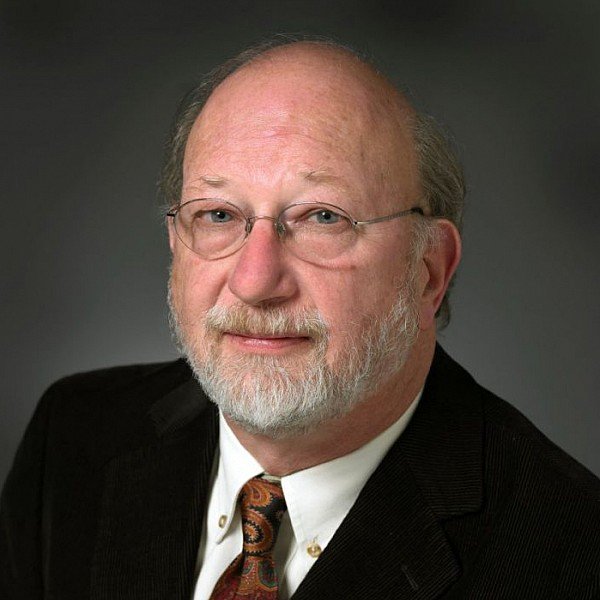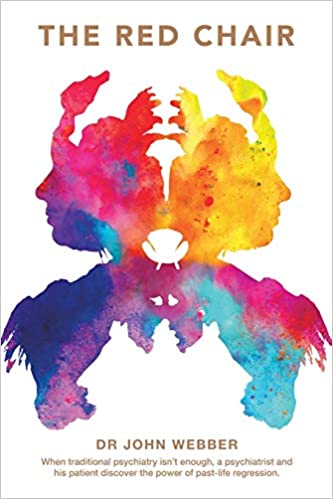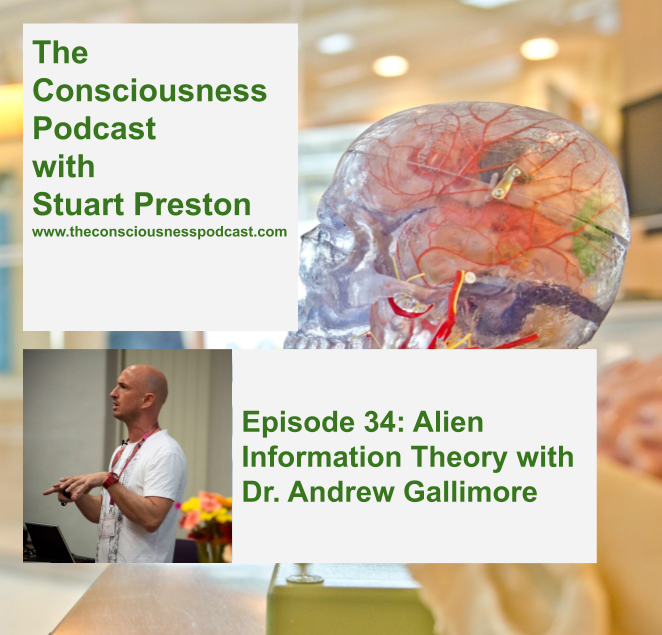In this episode, I had the honor of speaking with Dr. Albert Garcia-Romeu, Assistant Professor of Psychiatry and Behavioral Sciences at Johns Hopkins and a Guest Researcher at the National Institute on Drug Abuse Intramural Neuroimaging Research Branch, where he studies the effects of psychedelic drugs in humans, with a focus on psilocybin as an aid in the treatment of addiction. We discussed his work with psilocybin, what it means to be addicted, and what insight his work has given him into the mystery of consciousness. So, please enjoy this episode, with Dr. Garcia-Romeu.
We discussed:
- You did some work in treating addiction to tobacco with the aid of psilocybin. Can you tell us a little about that study? Matt Johnson
- How do you think psilocybin actually worked in creating those amazing results?
- What is the key to breaking an addiction?
- Ego dissolution; mystical
- Other psyches and addiction: ibogaine/opioids?
- Cognitive behavioral therapy; Counselling; 3 months
- Does psilocybin help with addictions of all kinds? Alcohol? Gambling? Etc.?
- Can you tell us about dosing psilocybin for treatment of addiction?
- Is it just a pill the patient takes, or is there more to it? See above
- What other long-term effects did you notice in your patients? Spirituality? Mystical effects? Other changes?
- Any relationship between dose and mystical effects? Challenging experiences and dose, i.e. a bad trip?
- Any comment on the relationship between the mystical experience and one’s consciousness?
- How is psilocybin metabolized in the human body? Did you administer doses based on body weight?
- [how do these measurements relate to a single mushroom?]
- What about other psychedelics, such as LSD, Ayahuasca? You’ve recently published some papers on Kratom? “Kratom” — how do you pronounce that one (krat-um)? Do these also help with addiction?
- What insights do psychedelics give, through altered states of consciousness, into their underlying neurobiological mechanisms?
- What are the neurobiological mechanisms of consciousness?
- Let’s step out into the philosophical aspect of consciousness, given your insights into non-ordinary states of consciousness.
- What are your thoughts on trying to answer the Hard Question of Consciousness — why the phenomenal experience of, say, seeing a red apple?
- Is consciousness a function of the brain, of our hardware?
- Mind/body duality?
- What else? What haven’t I asked? Center for Psych and Consciousness Johns Hopkins;
- What’s next for you, what are you excited about?
- Hopkinspsychedelic.org
- Unlimited Sciences collaboration; real world psilocybin use; 3,000 enrolled;
- Hopkinspsychedelic.org
Podcast: Play in new window | Download


